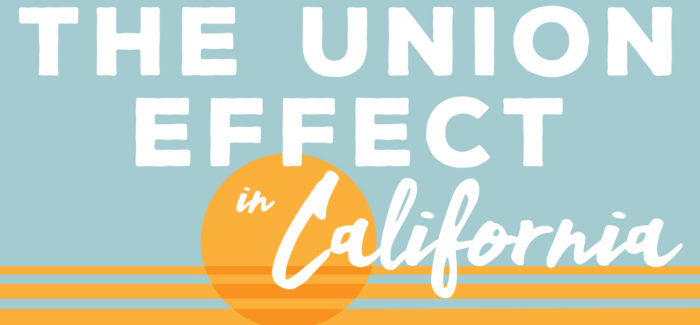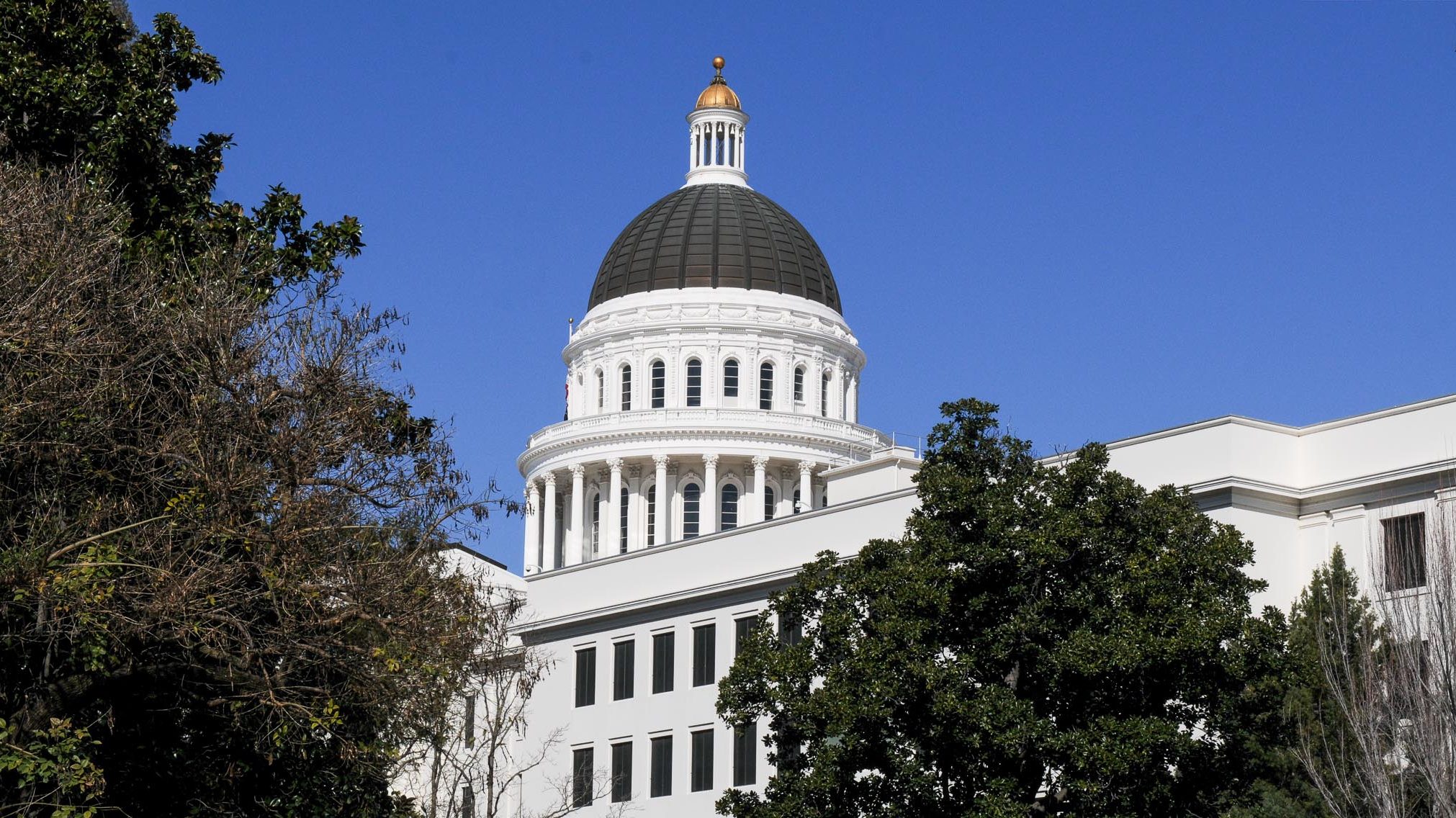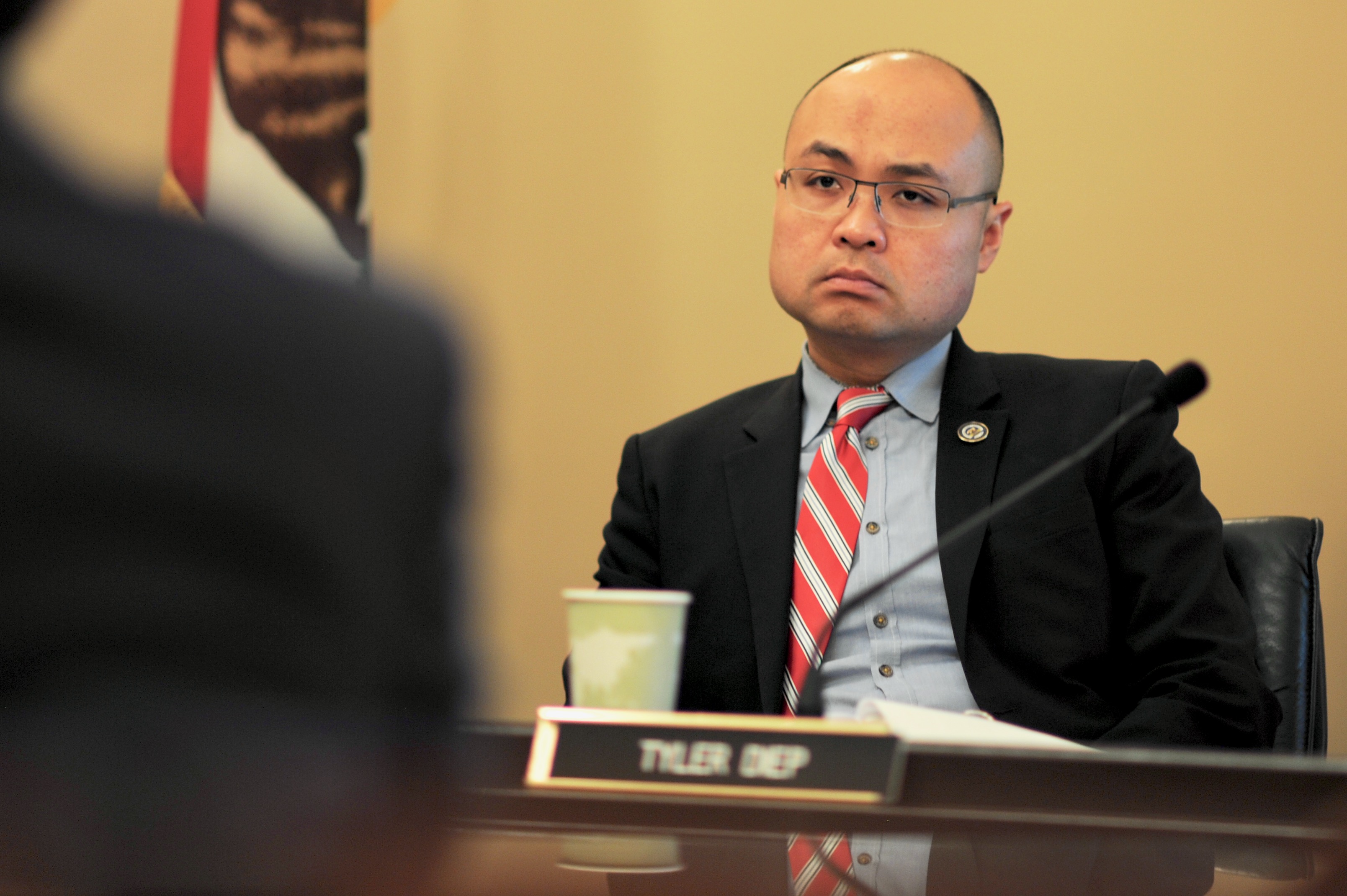New SCOTUS Petitions Claim Public Employees’ First Amendment Rights Violated by Unions
California Teachers Assoc., United Teachers LA, SEIU, Oregon Educational Assoc. named in petitions
By Katy Grimes, November 1, 2021 10:59 am
Last week, National Right to Work Legal Defense Foundation attorneys, in partnership with attorneys from the Freedom Foundation, filed petitions asking the United States Supreme Court to hear several cases from public employees in California, Oregon, and Alaska government employment.
The cases challenge union-created schemes that violate public employees’ First Amendment rights by stopping them from cutting off financial support to unions of which they disapprove.
The Petition says:
Petitioners are public employees in the States of California and Oregon who exercised their FirstAmendment rights to resign their union memberships, revoke their authorizations for their public employers to withhold further union payments from their wages after they became nonmembers, and object to subsidizing union speech. The respondent government employers and unions ignored petitioners’ revocations and continued seizing payments for union speech from these objecting nonmembers until an escape period (contained in their dues deduction authorizations) for stopping union deductions occurred.
In 2018, the Court in Janus v. AFSCME, Council 31 held that nonunion public employees have a First Amendment right not to subsidize union speech. 138 S. Ct. 2448, 2486 (2018). The Court also held that governments and unions violate that right by seizing union payments from nonmembers unless there is clear and compelling evidence the employees waived their constitutional right.
Two petitions appeal Ninth Circuit Court of Appeals decisions which allow union officials to continue limiting employees’ rights under the 2018 Foundation-won Janus v. AFSCME Supreme Court decision, the NRTW explained. In Janus, the Court recognized that forcing public employees to financially support a union violates their First Amendment rights.
Each of the cases brought before the court now challenges a union boss-created “escape period” scheme, the NRTW said. “Escape periods” are designed to limit the time in which public employees can exercise their Janus right to end union dues deductions, to just a few days every year. Often, public employees whom union officials never informed about Janus rights in the first place try to cut off support to an unwanted union, only to be told by state officials that, per the “escape period,” they must endure another year or more of union dues being siphoned from their paychecks, according to the NRTW.
The majority of these cases are class action lawsuits, seeking to reclaim money that union bosses seized from petitioners and their coworkers’ paychecks after they resigned union membership and tried to exercise Janus rights.
The Petition explains:
After Janus, petitioners resigned membership in their unions, revoked their authorizations for further deductions of union dues or moneys from their paychecks, and objected to the continued subsidization of union speech. Respondent unions accepted petitioners’ membership resignations, but continued to instruct the respondent governments to deduct union dues from their wages until the end of the annual deduction period, forcing petitioners to continue paying union payments for months after they resigned their union membership and withdrew their consent to fund union speech.
The legal questions presented to the Supreme Court are:
1. Under the First Amendment, to seize payments for union speech from employees who resigned union membership, became nonmembers, and objected to subsidizing union speech, do government employers and unions need clear and compelling evidence that those nonmember employees knowingly, intelligently, and voluntarily waived their First Amendment rights to refrain from subsidizing union speech in order to constitutionally seize union payments from these employees?
2. When a union acts jointly with government to deduct and collect union payments from nonmember employees’ wages, is that union a state actor participating in a state action under 42 U.S.C. § 1983?
“Petitioners file this joint petition for certiorari to present to the Court the important question of whether governments and unions need clear and compelling evidence that employees waived their First Amendment rights, or just proof of a contract, to seize payments for union speech when those payments are seized after union members resign their membership and are objecting nonmembers,” the Petition says.
“The Ninth Circuit created a massive loophole to the Court’s Janus holding that public employees have a First Amendment right not to subsidize union speech and must waive that right before governments and unions may seize union payments from nonmembers, the Petition says. “It did so by finding that both Janus’s holding and the First Amendment do not apply to public employees, governments, and public-sector unions, when those employees sign union membership and dues deduction authorizations that limit employees’ exercise of their right to stop subsidizing union speech except during short escape periods.”
You can read all 137 pages of the Supreme Court joint petitions:
No. 21-__ Cert Petition- Governor Newsom’s 2026 Budget has New Homeless Agencies & Increases Homeless Spending: $37 Billion Wasn’t Enough? - February 16, 2026
- ‘Newsom the Arrogant’ is also ‘Newsom the Destructive’ - February 16, 2026
- California’s High Gas Prices and Refinery Closures Have Real Consequences - February 13, 2026





One thought on “New SCOTUS Petitions Claim Public Employees’ First Amendment Rights Violated by Unions”